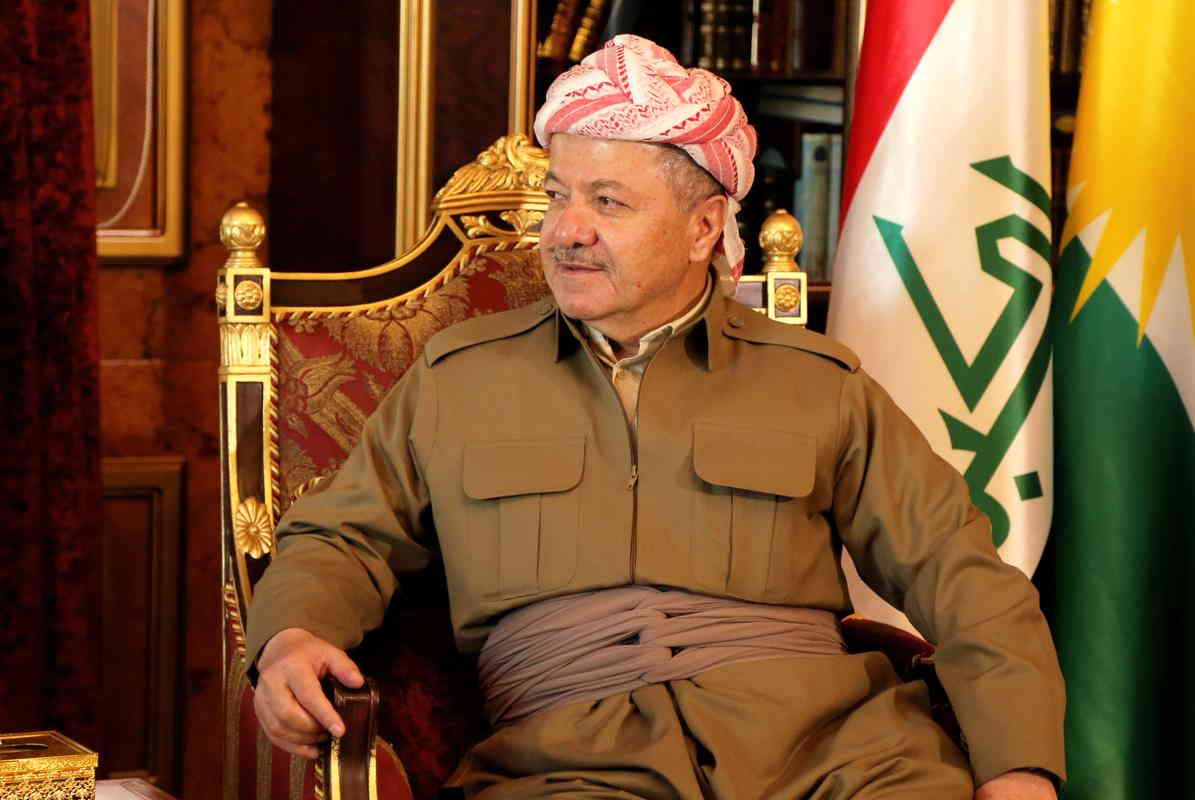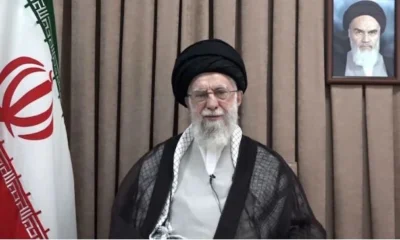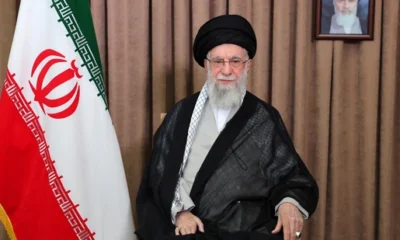[vc_row][vc_column][vc_column_text]By: Saeed Naqvi
Iraqi Kurdish region’s planned referendum on September 25 for independence has set the cat among the pigeons. Last minute efforts are on to persuade the Kurdish autonomous region’s President, Masoud Barzani, to postpone the referendum because it will distract regional and global powers from their main focus – that of destroying the residual Islamic State elements in the region.
Iraqi Kurdish region’s planned referendum on September 25 for independence has set the cat among the pigeons. Last minute efforts are on to persuade the Kurdish autonomous region’s President, Masoud Barzani, to postpone the referendum because it will distract regional and global powers from their main focus – that of destroying the residual Islamic State elements in the region.
Iraqi Kurdish region’s planned referendum on September 25 for independence has set the cat among the pigeons. Last minute efforts are on to persuade the Kurdish autonomous region’s President, Masoud Barzani, to postpone the referendum because it will distract regional and global powers from their main focus – that of destroying the residual Islamic State elements in the region.
All countries are either opposed to the referendum or, like the United States, opposed to the timing of it. Only Prime Minister Benjamin Netanyahu of Israel stands out in lone splendour, endorsing the referendum. By doing so, he has, of course, let the cat out of the bag. This has added to Iran’s concerns. Tehran says it will seal its Kurdish borders should the referendum take place. The implication is that necessities of daily life, which came from Iran will no longer be available to Iraqi Kurdistan. For a landlocked enclave, this is severe punishment.
It is easy to conclude that the US and Iran are on the same page on the referendum. But this is a wrong impression. For Iran, any suggestion of eventual independence for any of the Kurdish enclaves, is anathema. For the US, the timing of the referendum is inconvenient. It disrupts its script for the region.
New Delhi knows better than anyone else that an independent Iraqi Kurdistan has been US’s pet project ever since its forces entered Iraq, first during operation Desert Storm in February 1992 and finally during the invasion of the country in March-April 2003.
The No Fly Zone imposed on the Kurdish north in 1992 created an autonomous region. This was not without an eye on the future.
It was in 2003-2004 when, President George W. Bush was drooling all over New Delhi, he invited India to take charge of the Kurdish north. Military officials of all ranks, were asked to be ready, to set sail in the largest ships available with the Indian navy. Yes, New Delhi came very close to playing an Imperial role in West Asia as America’s sidekick. It was Prime Minister Atal Behari Vajpayee who saw the US not as a great power but a dangerous one for its adventures in West Asia. He scuttled the deal.
Regional circumstances changed but the original blue print for Iraq’s Kurdish north remained dear to US policy makers. But the timing for the referendum is wrong because, at least on the face of it, the US would like to be seen in the lead, fighting the Islamic State.
There is an even graver concern that the referendum might adversely affect Prime Minister Haider al-Abadi’s fortunes in the April 2018 General elections. Any reversal for Abadi, a loyal US nominee, will be a gain for Iran. This is a disturbing prospect for Netanyahu, Saudi Crown Prince Mohammad bin Salman and Trump.
Iranians see the referendum in two ways: should it lead to independence, they will choke Barzani’s enclave by sealing its borders. The Kurdish north constitutes 20 percent of Iraq. If it separates, Shias, who are an overwhelming majority already, will become 85 percent of the population. It will only consolidate the “Shia crescent”.
Iranians are also not afflicted by fear of their Kurds, barely four percent of the total population, tearing away from the main nation because of ethnicity, religion and language. Iranian Kurds, like the rest of Iran are Aryans, a sizable number being Shia. Their language, Pahlavi, is close to modern Persian.
For Turkey, an Iraqi Kurd enclave is a life and death issue. There is oil in Diyarbakir, the principal Kurd city in Turkey; 15 of their power stations are on rivers flowing through the region. But these are not the reasons why Turkish tanks and troops have been amassed on the border with Iraq. The official Kurdish explanation makes sense: the military presence on the border is designed to block a flow of refugees from the Iraqi side should the situation in the province take a violent turn.
Turkey does have a very real fear of refugees because it is already struggling to assimilate over three million refugees from Syria.
The referendum scare is part of the confusion the US has created in the region. Americans entered Iraq with one script but are having to cope with completely unexpected outcomes.
The no-fly-zone made Kurdish-Iraq into a self governing enclave except for Defence and Foreign Affairs which were left to Baghdad. But the fate of important cities like Kirkuk, one of the world’s great oil bearing areas, would be decided later. Article 140 of Iraq’s constitution, written by the Americans, left the fate of cities like Kirkuk to a referendum by “the people of Iraq” not later than 2007.
Obviously Americans imagined they would control Iraq to their advantage by sheer brute power. But this is not the way events turned out. Eventually, in December 2011, the last US solider left. President Obama failed to extract from Prime Minister, Nouri al-Maliki an honourable status-of-forces agreement. That is why it became unstated US policy to have Maliki replaced by a more “pliable” candidate – Abadi, for example.
When New York Times columnist Thomas Friedman asked Obama in the course of an interview in 2015: why did the President not order air-strikes against the Islamic State as soon as it reared its head? Obama’s response was startling: air strikes against IS at a stage when it was advancing towards Baghdad, would have relieved pressure on Maliki. In other words, the IS was an asset for destabilizing Maliki.
Meanwhile, there is total chaos in the north’s (Erbil) financial dealings with Baghdad. Barzani thought of getting out of this chaos by announcing a referendum. In his framework the timing seemed auspicious because the Iraq army would be less energetic is retaliating since it is tired from the recent wars in the north with the IS[/vc_column_text][/vc_column][/vc_row]


 India News2 hours ago
India News2 hours ago
 India News1 hour ago
India News1 hour ago
 LATEST SPORTS NEWS2 hours ago
LATEST SPORTS NEWS2 hours ago
 India News2 hours ago
India News2 hours ago
















